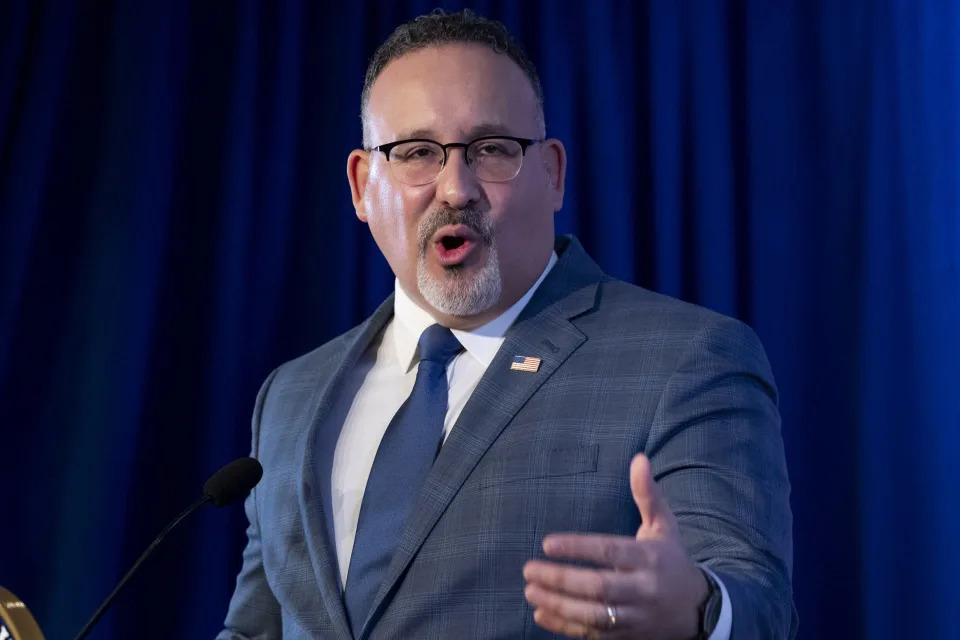Washington, Sep 7 – The program of the Government of US President Joe Biden to forgive part of the student debt will reduce the lack of payments and stimulate the economy, the Secretary of Education, Miguel Cardona, affirmed today.
The debt accumulated by graduating students from universities in the United States exceeds 1.7 trillion dollars, and the Biden administration announced a plan that will benefit some 43 million borrowers, including 20 million whose debt will be canceled in full.
Under that program, which has not yet been implemented, college graduates earning less than $125,000 a year will have a $10,000 cut in their debt. The discount will be $20,000 for those with Bell loans, which help low-income students.
“The intent of this debt relief is to ensure that borrowers don’t come out of this pandemic worse off than they were before,” Cardona said at a breakfast with reporters.
Critics of the administration have argued that Biden’s executive order plan is a favor to relatively wealthy families that lower-income workers will pay for by mounting federal debt.
But Cardona argued that “for a person who has paid all of his debt, having a neighbor who will not default benefits the local economy.”
“We know that defaults were increasing rapidly, and we expect them to continue to increase,” he added.
According to a Pew Charitable Trusts survey, about one in three students with federal loans has defaulted in the past two decades, and of those who have defaulted, nearly two-thirds have done so multiple times.
Cardona pointed out that the forgiveness of debts by itself will not solve the underlying problem of the increase in the costs of university education, and recalled that the Government also announced a plan that will limit monthly payments from 10% to 5% of personal income.
Between 1980 and 2020 the average price of college student tuition, fees and housing has grown 169%, according to the Center for Education and the Workforce at Georgetown University.
For its part, according to data from the non-profit group College Board, in the last 50 years the average cost of a university education has increased almost 4.6 times more than inflation.

